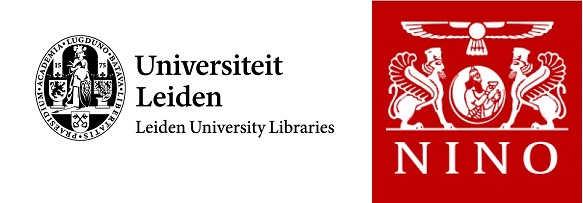Christian Communities and Nationalism in the ‘Holy Land’
The consequences of WWI had significant impact on Christian-Muslim relations in the Eastern Mediterranean. While the context in the north led to displacements with population exchanges in early 1920s, this shifting relationship in Palestine was quite different, forming what has been a long lasting cultural and political affinity.
While we cannot take the Arab Orthodox community of Palestine as a politically homogeneous entity, there was a very different relationship that took place between Muslim and Christian Arab Palestinians who involved themselves with the burgeoning Arab nationalist movement. This alliance created an interesting set of debates such as those around the Arabisation reform movements of the Jerusalem Patriarchate, the seminal role of the Orthodox community in setting up Arab nationalist newspapers and the large Orthodox representation in the cultural sector, particularly literature and the visual arts, as well as attempts to Arabise the Orthodox Patriarchate.
The formative context of Arab nationalism operated in ways that created a sub-set of Arab Orthodox nationalism that came to have great influence. This is exemplified by the ways in which culture in Palestine rapidly changed with the establishment of Orthodox Clubs, the secularisation and participations of Christians in historically Muslim festivals like Nabi Musa and the burst of often-Christian owned and run publishing houses after the Young Turk Revolution.
Karène Sanchez Summerer (Professor and Chair, Middle Eastern Studies, RUG) and Sary Zananiri (AuAIA)
karene.sanchez rug.nl
s.e.s.zananiri hum.leidenuniv.nl

With special thanks to the NINO (The Netherlands Institute for the Near East) and NWO (The Dutch Research Council).
The Frank Scholten Photographic Collection (NINO) is being kept at the Leiden University Library Special Collections. It has been researched by the NWO VIDI project team ‘CrossRoads. A connected history of European Cultural diplomacy and Arab Christians in Palestine (1918-1948)’ (PI Prof. dr. Karène Sanchez Summerer, Middle Eastern Studies) and digitised. A catalogue of the online collection is forthcoming.
https://www.nino-leiden.nl/collections/frank-scholten-legacy
| Last modified: | 14 August 2024 08.58 a.m. |


